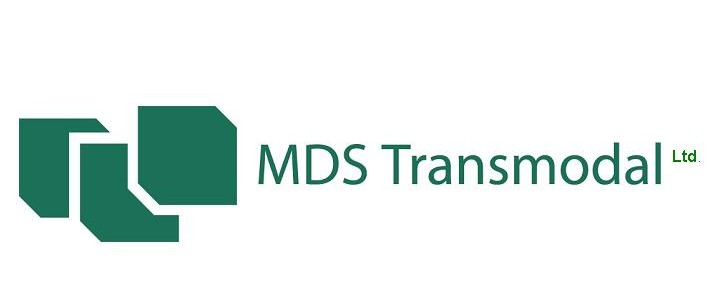Posted on: 1 August 2020
Maritime London is delighted to announce new member MDS Transmodal (MDST), a firm of transport economists based in Chester specialising in maritime and all other modes of freight transport.
MDST works with senior management in the public and private sectors to provide strategic advice based on quantitative analysis, modelling and sectoral expertise.
MDST approach is based on being:
• Innovative – Constantly developing new ways to analyse strategic issues and opportunities;
• Quantitative – Analysis based on best in class maritime databases and models;
• Independent – More than 35-year track record of providing objective advice;
• Expert – Consultants with an average of 20 years’ consultancy experience;
• Specialist – Focused on the economics of maritime transport and other freight modes.
MDST data, modelling and industry expertise can be applied to analyse strategic issues and opportunities wherever the client is based in the world. Clients include UNCTAD, the World Bank, the European Commission, government at all levels, ports and terminal operators, developers of distribution parks, financial institutions, global shippers and shipping lines and a wide range of professional services companies.
MDST’s key databases in the maritime sector, which support the provision of consultancy advice, include:
• The MDST Containership Databank: tracks the deployment of the world’s container carrying fleet of over 7000 vessels. Every vessel in service has over 35 fields of information including operator, service, route, TEU, service frequency, port rotation and much more. As well as service deployment the Databank provides the physical attributes and details of the vessels.
• The Ports Liner Shipping Connectivity Index (Ports LSCI), developed in collaboration with UNCTAD (www.portlsci.com), provides data on the connectivity of almost 1,000 container ports worldwide.
• MDST World Cargo Database (WCD): records world trade data in tonnes, value and TEU on quarterly basis for approximately 3,000 commodities and 240 countries/territories.
These databases are also the foundations for many of our bespoke models, with the key ones being:
• The Container Business Model (CBM): models the supply-demand balance, utilisation and financial position of the global container shipping industry
• End to End Container Cost model (E2ECCM): models the comparative costs of operating individual container services
• Word Cargo Model: trade forecasts in tonnes and TEU on a country-to- country basis for 3,000 commodities
• BAF Calculator: models the cost of bunkers per TEU for over 150 global container services




